
What Happens If I Don't File a W-2?
!What Happens If I Don't File a W-2?https://checkstubmaker.com/wp-content/uploads/2018/09/businesswoman-with-w2-form-min-300x200.jpg Under federal and state ...
Sep 21, 2018Ever wondered, "Is it illegal to keep check stubs from the employee when they have direct deposit?"
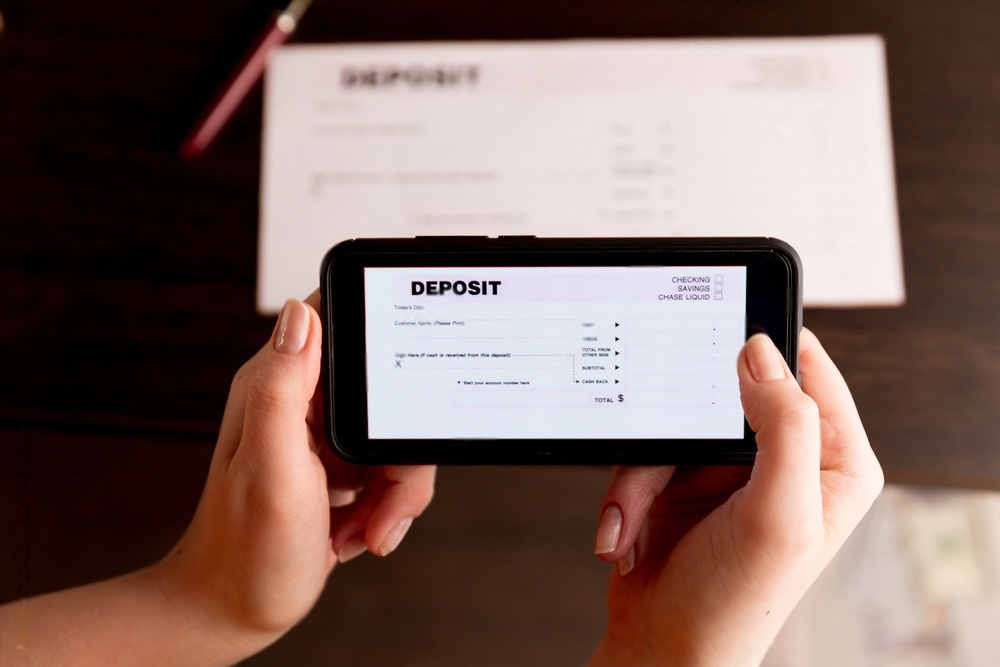
Ever wondered, "Is it illegal to keep check stubs from the employee when they have direct deposit?" While federal laws like the Fair Labor Standards Act set broad standards, it's state laws that often dictate pay stub provisions. Then there's the Electronic Funds Transfer Act, which weighs in on electronic payments. As your go-to expert in the payroll realm, we at Check Stub Maker are here to guide you through these financial complexities while creating a pay stub with full ssn . In this blog post, we'll dive into the world of paystubs and direct deposits and help you gain crystal-clear clarity on employer obligations. Let's get started! What this article covers:
Our findings show that state laws play a pivotal role in determining whether employers are required to provide pay stubs to their employees. These laws can be categorized into different types based on the level of access and format they mandate.
In access states, employers are obligated to give employees access to their pay stubs. This doesn't necessarily mean a physical copy, but employees should be able to view their pay details. If you're wondering how to get paystubs from an old job , it's essential to approach your previous employer or HR department and request access to your previous paystubs. 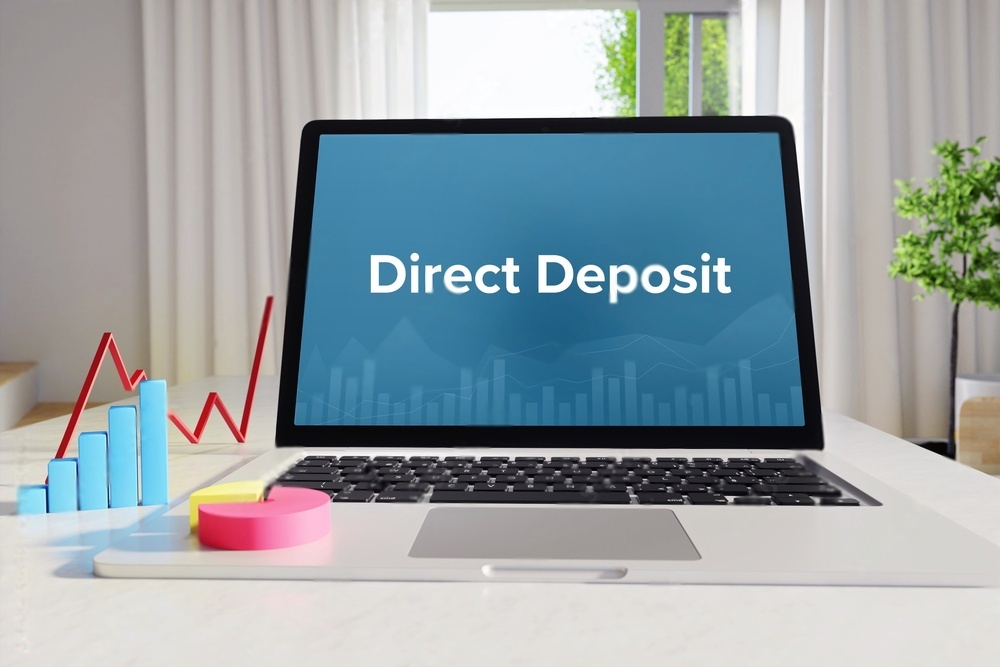
Based on our observations, there's a subtle difference between access states and access or print states. While the former requires employers to provide a means to view pay stubs, the latter mandates that employees should either be able to view or receive a printed copy. If you find yourself in a situation where your company wont release paystubs , it's crucial to know your rights and your state's specific requirements.
In opt-out states, employers typically provide electronic pay stubs. However, employees have the right to opt-out of this system and request a physical copy, which is available to opt-in states. A common question in opt-out states is, ‘ Does a pay stub have to show accrued vacation time ?' The answer varies, but it's generally a good practice to include such details for transparency.
In these jurisdictions, employers are initially required to furnish physical pay stubs. However, if an employee in opt-in states proactively chooses, they can receive an electronic version like the ones we make at Check Stub Maker instead and shift away from the traditional paper format, which is less eco-friendly.
The year 2023 has seen some changes and updates to pay stub requirements across various states. Drawing from our research, it's evident that while federal law, such as the Fair Labor Standards Act (FLSA), doesn't mandate employers to provide check stubs , many states have their own specific requirements. 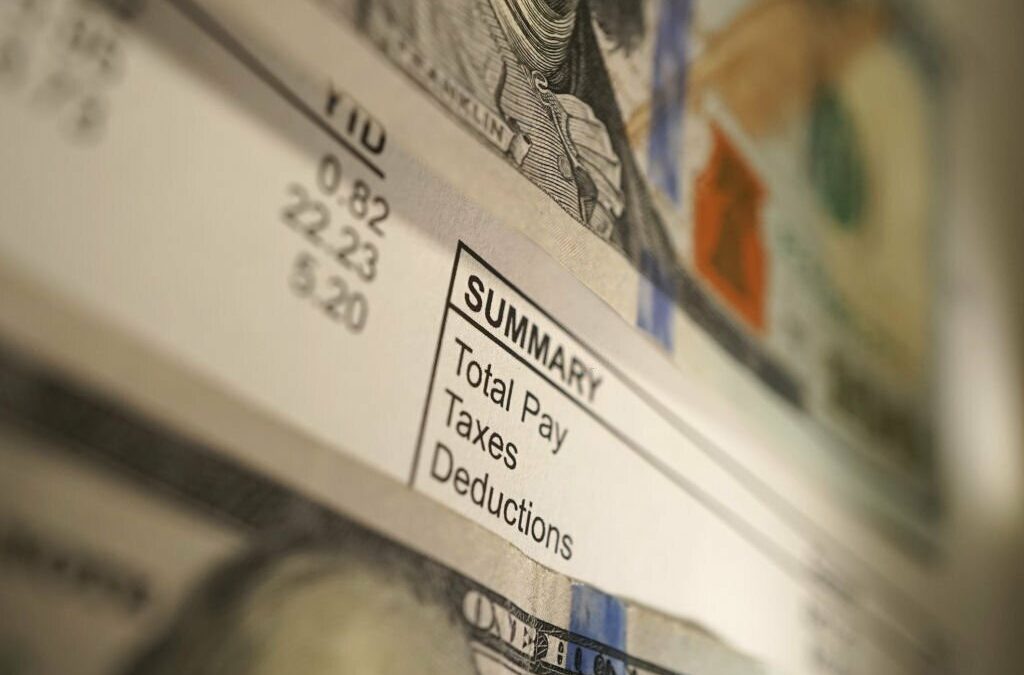
The overarching federal law doesn't stipulate that employers need to provide their employees with pay stubs, but many states do anyway. We determined through our tests that a common misconception centers around whether direct deposit employers required to provide paystubs. While direct deposit is a payment method, the provision of pay stubs is a separate obligation, often mandated at the state level.
Record-keeping is vital, both for transparency and legal compliance. Employers are often required to retain pay records for several years. Our customers often ask us about what happens when an old employer won't get me pay stubs for bankruptcy . In such cases, there are a number of things you can do to remedy the situation; it starts with understanding state-specific retention requirements. Once you have the necessary information, you can put our user-friendly pay stub generator to good use in recording your pertinent financial information.
The Fair Labor Standards Act, or FLSA for short, impacts a broad spectrum of employers and employees, setting standards for wage and hour regulations. While it doesn't mandate a pay stub provision, it does require accurate record-keeping of hours worked and wages paid.
Payroll compliance is a multifaceted domain, encompassing everything from wage laws to pay stub provisions. A recurring query we get is, ‘ Can my employer change my pay stub ?' The answer depends on the specifics of the change that your employer made and state laws. At Check Stub Maker , we pride ourselves on simplifying the payroll process, ensuring businesses remain effortlessly compliant. 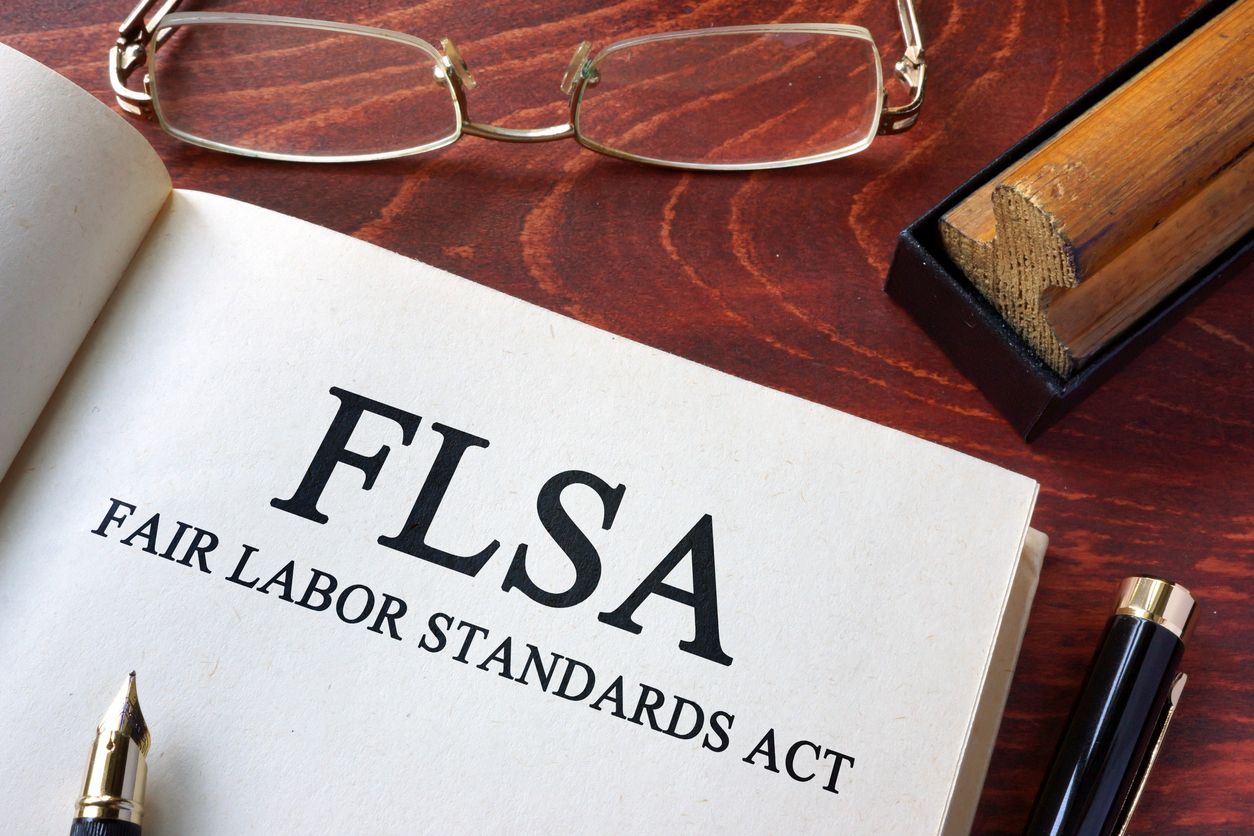
Non-compliance can be costly, both in terms of financial penalties and reputational damage. For instance, many of our customers grow concerned when they realize that ‘ my employer has spot charge on paystub '. Understanding what this means and addressing it promptly is crucial to avoiding potential pitfalls in your financial journey and transactions. And that's why it's vital to choose a customized solution like Check Stub Maker's paystub creator that can help you keep detailed and accurate information regarding your earnings, deductions, and subsequent tax obligations.
Direct deposit has become a staple in many businesses, offering a streamlined approach to paying employees. But with its rise in popularity come questions about its legality and the obligations of employers.
Direct deposit is a method where funds are electronically transferred into a person's bank account, eliminating the need for paper checks. In today's digital age, it's a convenient way for employees to receive their wages promptly. However, when it comes to verifying employment, some might wonder how to verify employment without checkstubs . You can make use of bank statements or employment verification letters in this regard. 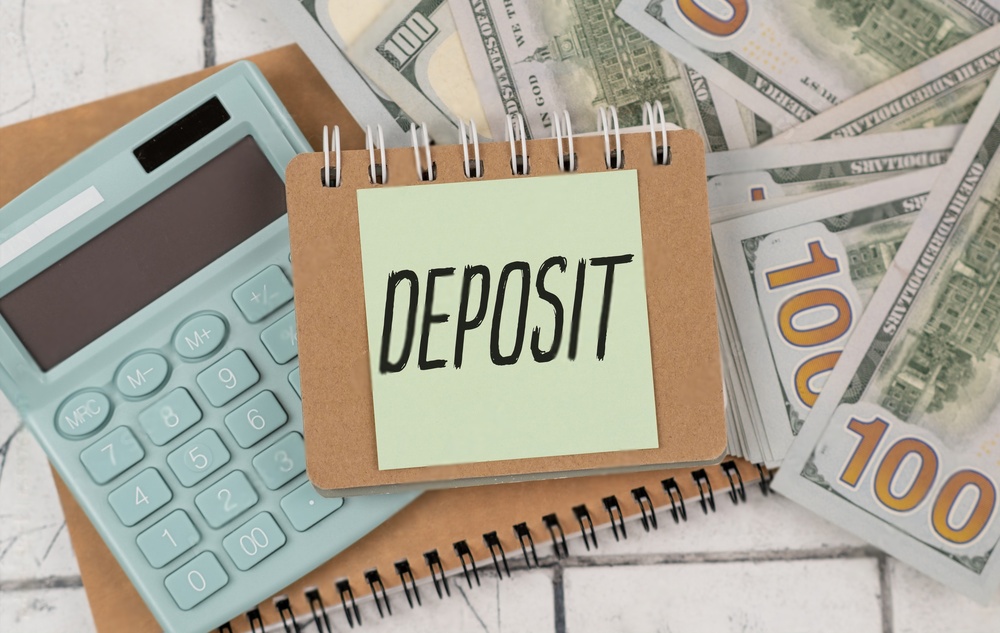
Using direct deposits has a multitude of benefits for both employers and employees.
As per our expertise, direct deposit can streamline the payroll process for businesses by reducing administrative tasks and costs. It also minimizes errors that can occur with manual check writing. But what about terms on the paystub that might be confusing? For instance, "reporting pay" is a term that might appear while you're creating check stubs . It refers to the guaranteed minimum wage an employee should receive for being called into work, even if they end up not working their full shift. Through our trial and error, we discovered that understanding terms like paystub what is reporting pay can help employers maintain transparency with their employees.
For employees, direct deposit offers convenience, enhanced security, and faster access to their wages. No more waiting for checks to clear or making trips to the bank. Additionally, there might be times when an employee needs to verify their income when renting an apartment or applying for a loan. In such cases, a verify pay stub letter can be invaluable, serving as proof of income and detailing your earnings and deductions. 
Let's look at federal and state laws that govern the responsibilities of employers towards their employees in relation to direct deposits.
At the federal level, the Electronic Funds Transfer Act (EFT) governs policies related to electronic payments and direct deposit of payrolls. Our investigation demonstrated that employers can require employees to accept direct deposit as a payment method, provided they allow employees to choose their banking institution.
State laws regarding direct deposit can vary. For instance, in some states like Alabama and Georgia, federal law governs what happens with direct deposit. In other states, like Florida and Illinois, employers require an employee's consent first before instituting direct deposit. That's why it's crucial for businesses and employees to familiarize themselves with the direct deposit laws of their state to ensure full compliance.
If you're an employer looking to transition to direct deposit, it's essential to understand the legal implications and ensure you're compliant with both federal and state laws. One way to simplify this process is by using digital check stubs. At Check Stub Maker, our pay stub generator can assist businesses in creating accurate and compliant pay stubs, making the transition to direct deposit smoother. 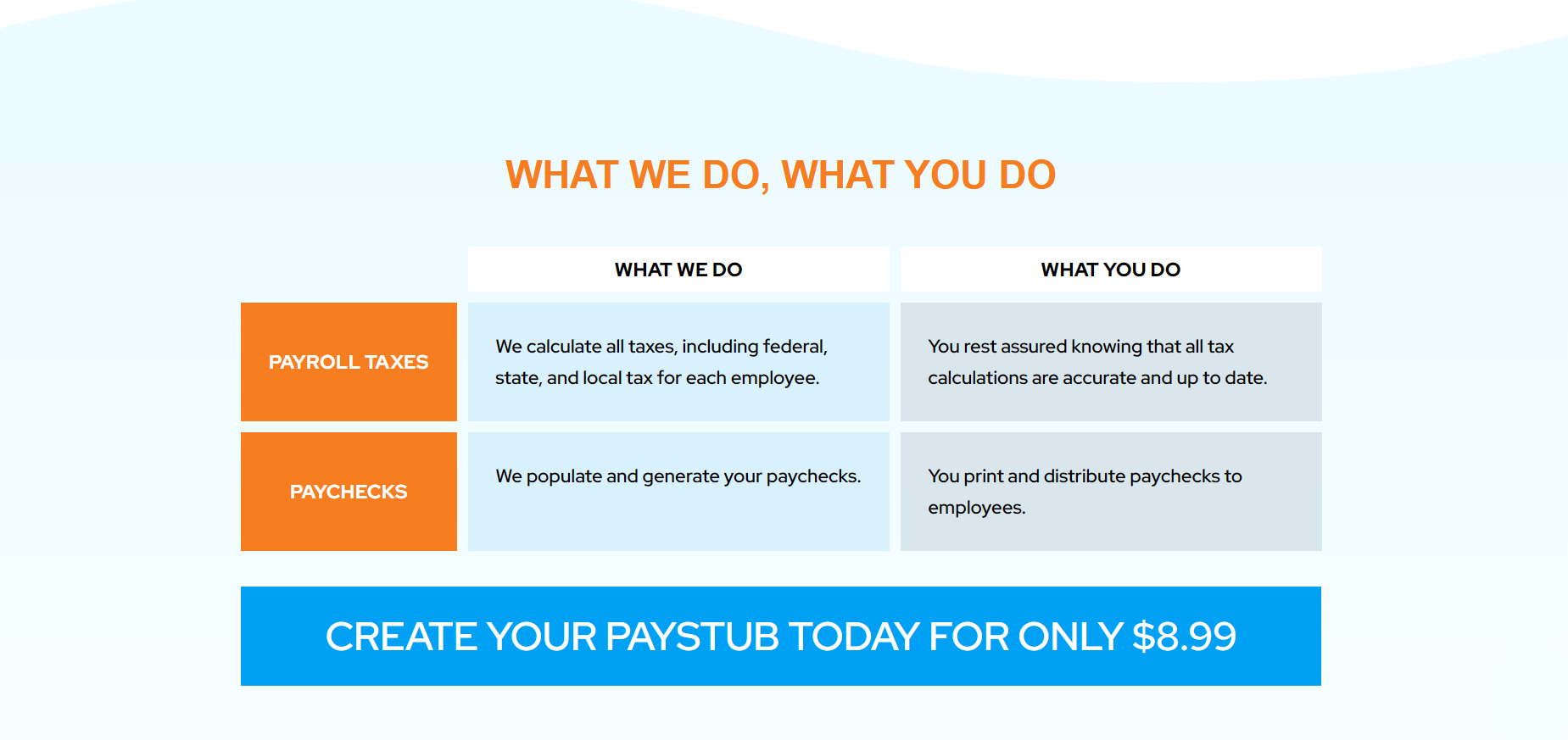
We've journeyed through the maze of "Is it illegal to keep check stubs from the employee when they have direct deposit?" and garnered a better understanding of the process. From the overarching Fair Labor Standards Act to state-specific nuances and the Electronic Funds Transfer Act, we've covered it all. If you're ever in doubt or need clarity on employer obligations, why not give Check Stub Make r a whirl? We're here to simplify the process for you. So, next time you're pondering over paystubs and direct deposits, just think of us and give our paycheck stub maker a try to get detailed and accurate payroll information in minutes! If you want to learn more, why not check out these articles below:

!What Happens If I Don't File a W-2?https://checkstubmaker.com/wp-content/uploads/2018/09/businesswoman-with-w2-form-min-300x200.jpg Under federal and state ...
Sep 21, 2018
When you‘re a small business owner, there are some aspects of running a company that can take a lot of your time and one of those is payroll. Not only is it ...
Dec 07, 2017
The Advantages of an Online Check Stub Maker------------------------------------------------There are many advantages to using online check stubs over the ol...
Feb 13, 2015